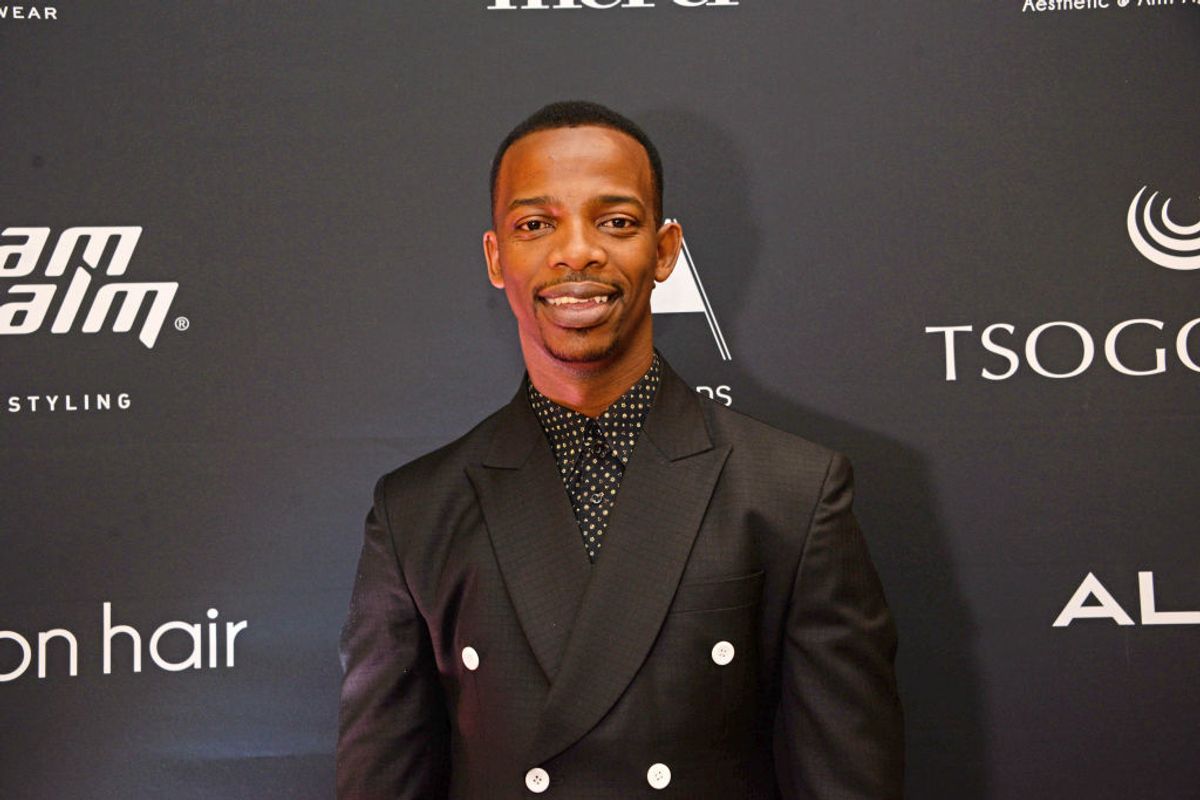
Zakes Bantwini Set to Host South Africa's First-Ever Drive-in-Concert.
Photo by Visual China Group via Getty Images/Visual China Group via Getty Images.
SEARCH

Zakes Bantwini Set to Host South Africa's First-Ever Drive-in-Concert.
South African musician Zakes Bantwini wants local artists to find new ways of performing amid COVID-19 and has set his sights on hosting the country's first ever drive-in-concert.